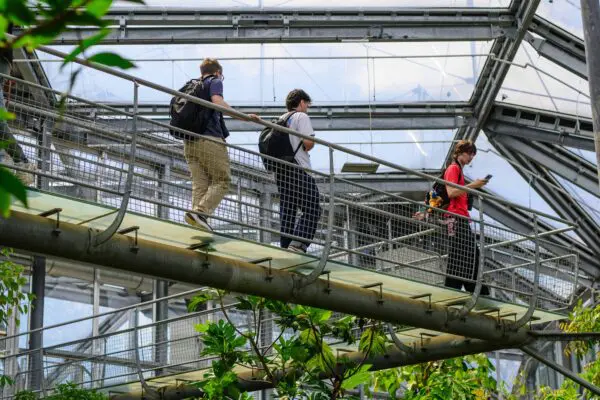
Nottingham, United Kingdom
Media and Crime
When:
13 July - 24 July 2026
Credits:
5 EC
Read more
Social Sciences
When:
20 June - 24 June 2022
School:
Institution:
Radboud University
City:
Country:
Language:
English
Credits:
2 EC
Fee:
575 EUR

This course is offered as part of the Radboud Summer School in Social Research Methods, in collaboration with MethodsNET (a global network that offers excellent training in social research methods).
This course introduces students to the nuts and bolts of Qualitative Comparative Analysis (QCA), a set-theoretic technique that allows for comparisons of cases to identify necessary and/or sufficient conditions for an outcome.
Eva Thomann Professor of Public Administration Department of Politics and Public Administration University of Konstanz
-Master
-PhD
-Post-doc
-Professional
This PhD level course is open to all researchers aiming at bringing their research to the next level. It is particularly designed for those who are looking for a method that allows them to compare cases while modelling aspects of causal complexity, on the one hand, and integrate case knowledge, on the other hand.
After this course you are able to:
-Design your research using Qualitative Comparative Analysis
-Understand the logic and technical underpinnings of Qualitative Comparative Analysis
-Independently perform a standard crisp-set or fuzzy-set Qualitative Comparative Analysis using the R software environment
-Address potential pitfalls of Qualitative Comparative Analysis
Fee
575 EUR, The fee includes the registration fees, course materials, access to library and IT facilities, coffee/tea, lunch, and a number of social activities.
When:
20 June - 24 June 2022
School:
Institution:
Radboud University
Language:
English
Credits:
2 EC

Nottingham, United Kingdom
When:
13 July - 24 July 2026
Credits:
5 EC
Read more

Amsterdam, Netherlands
When:
25 June - 15 July 2026
Credits:
6 EC
Read more

La Rochelle, France
When:
19 June - 17 July 2026
Credits:
12 EC
Read more